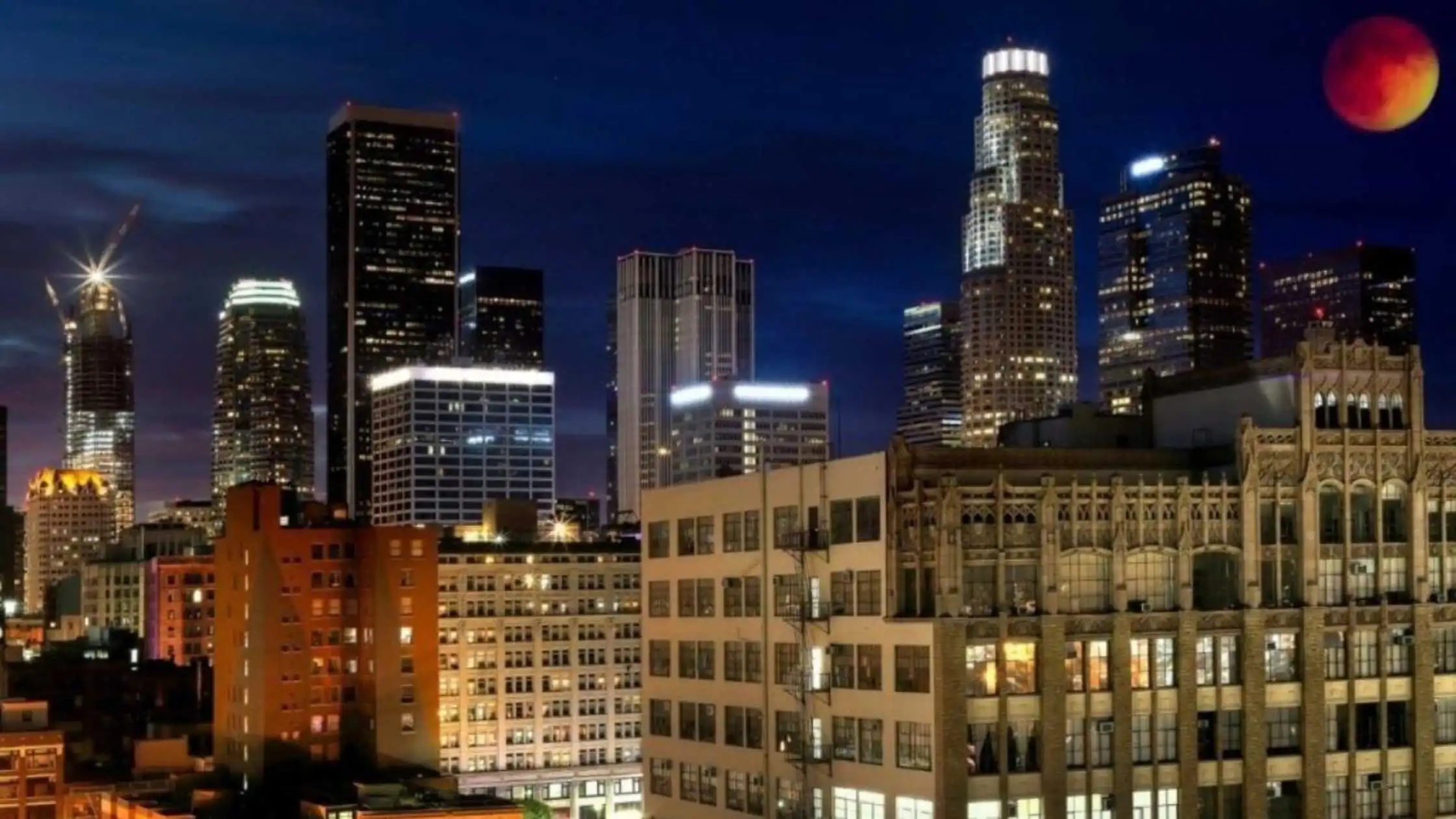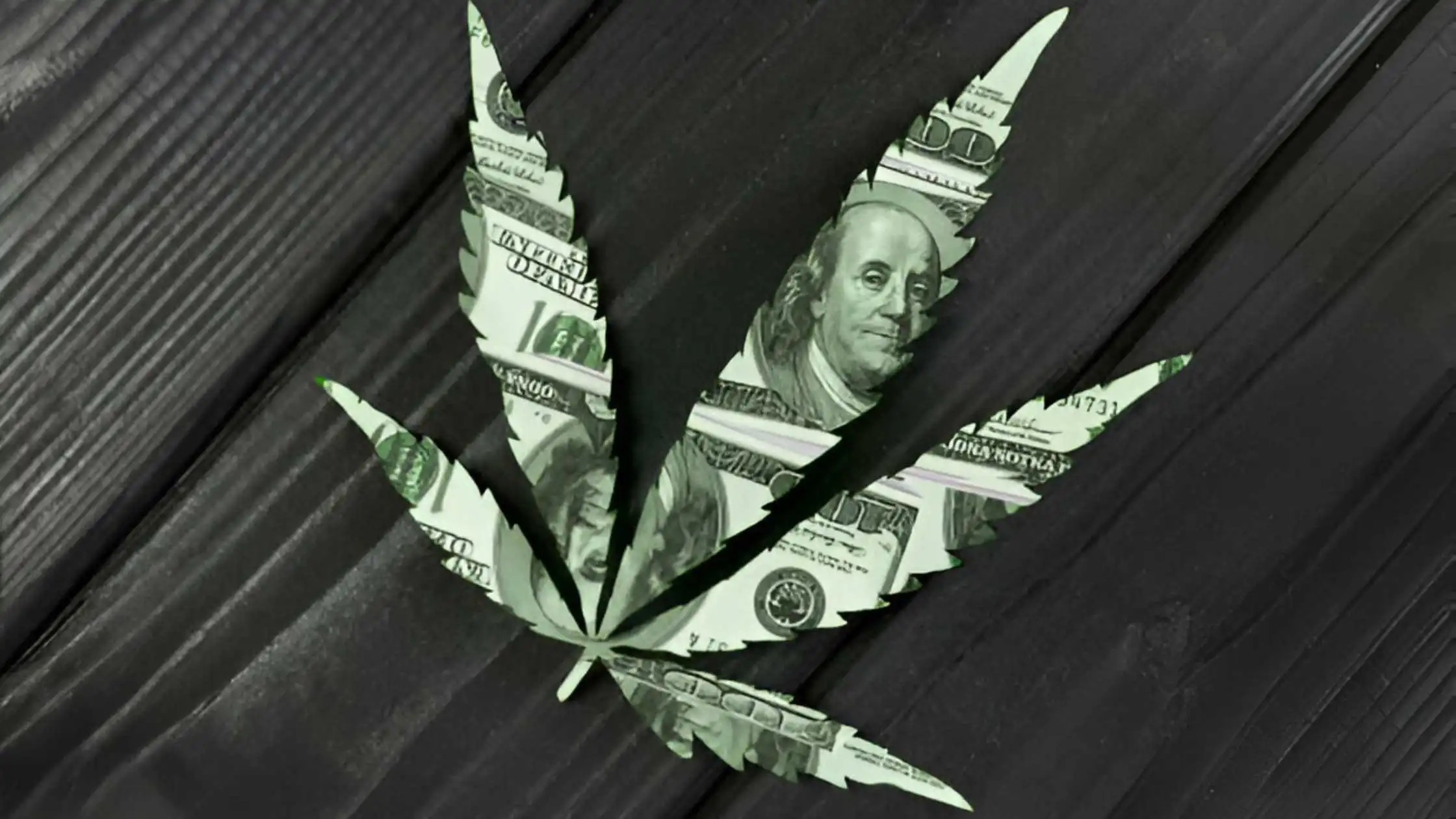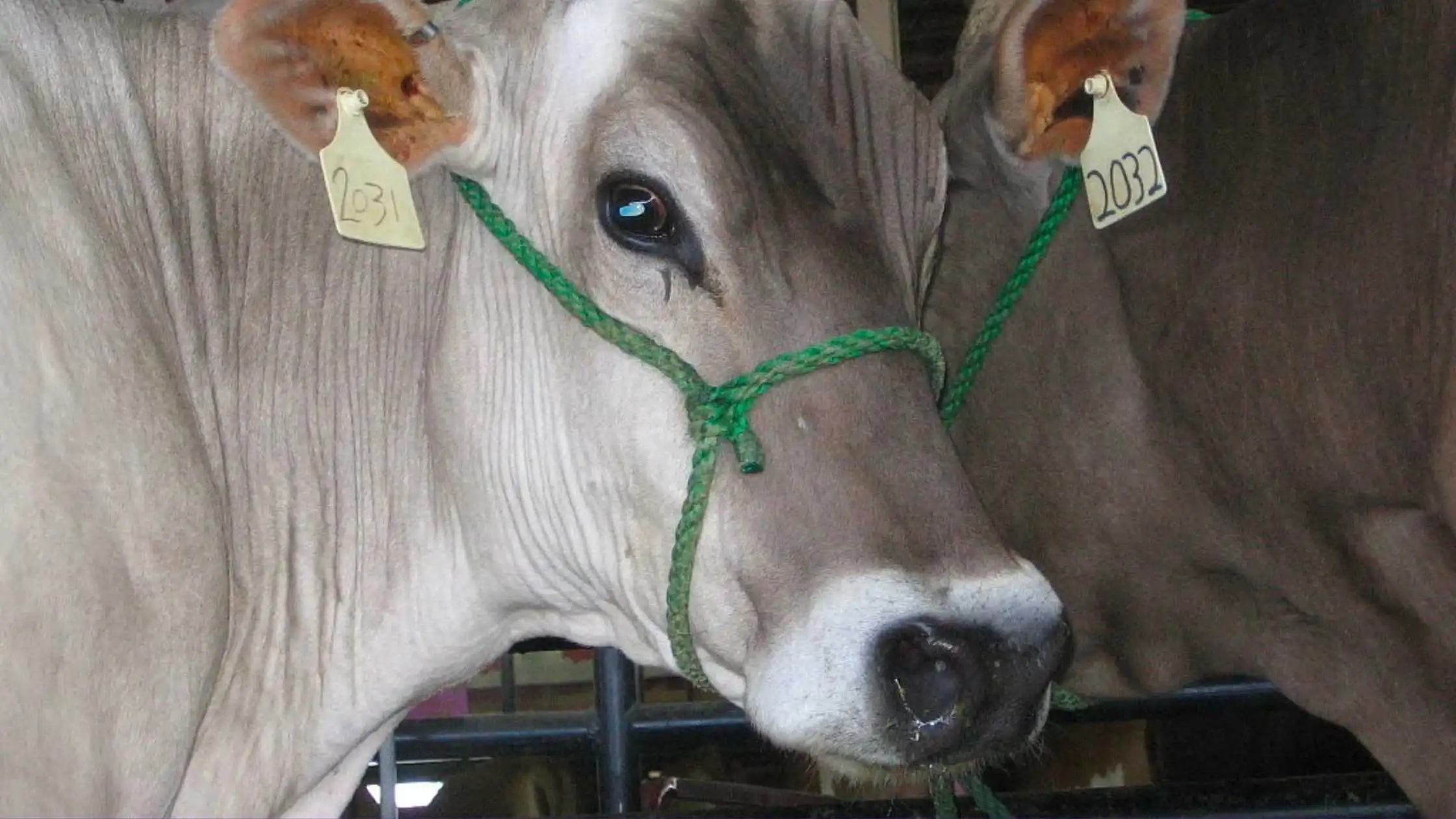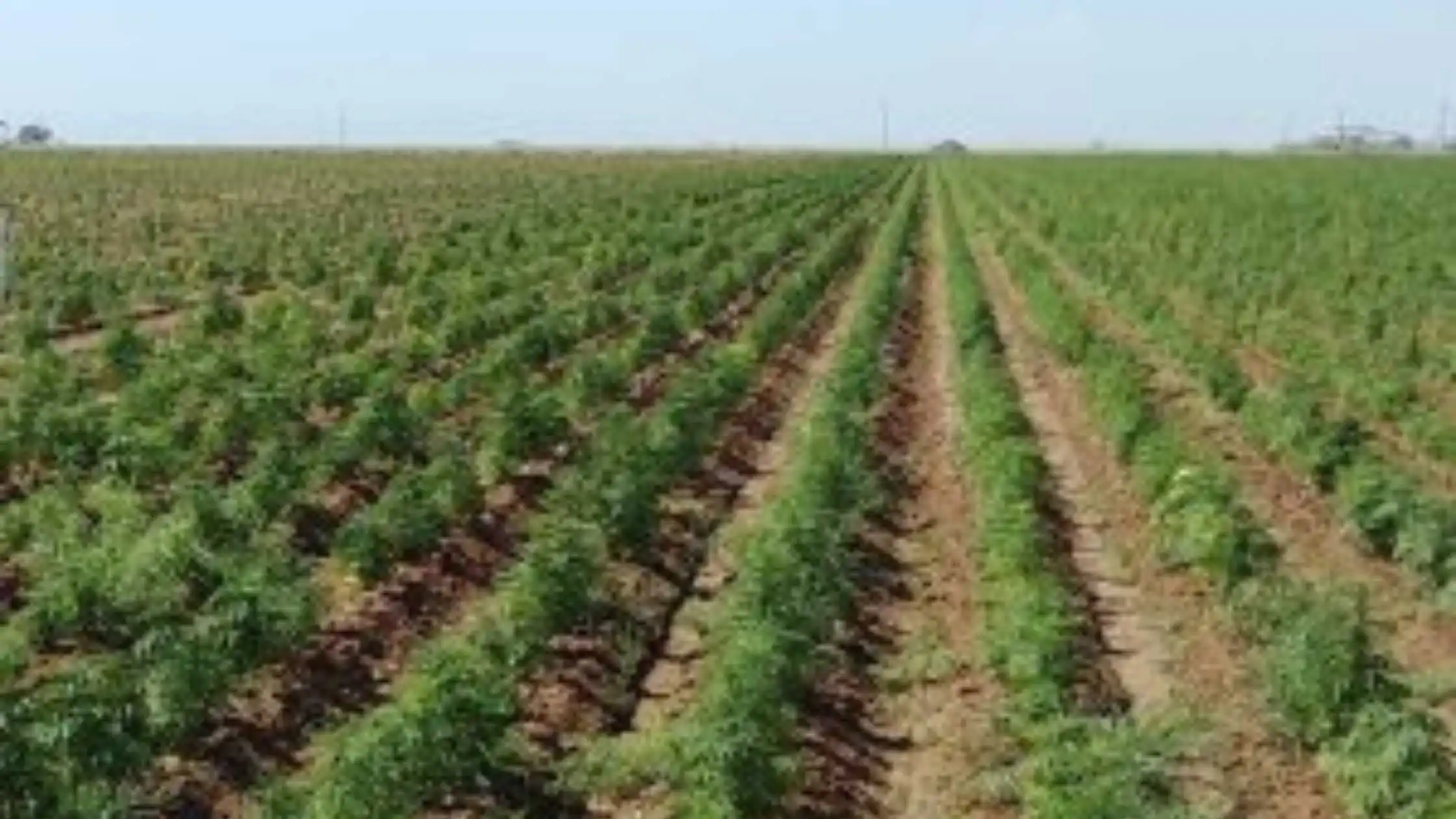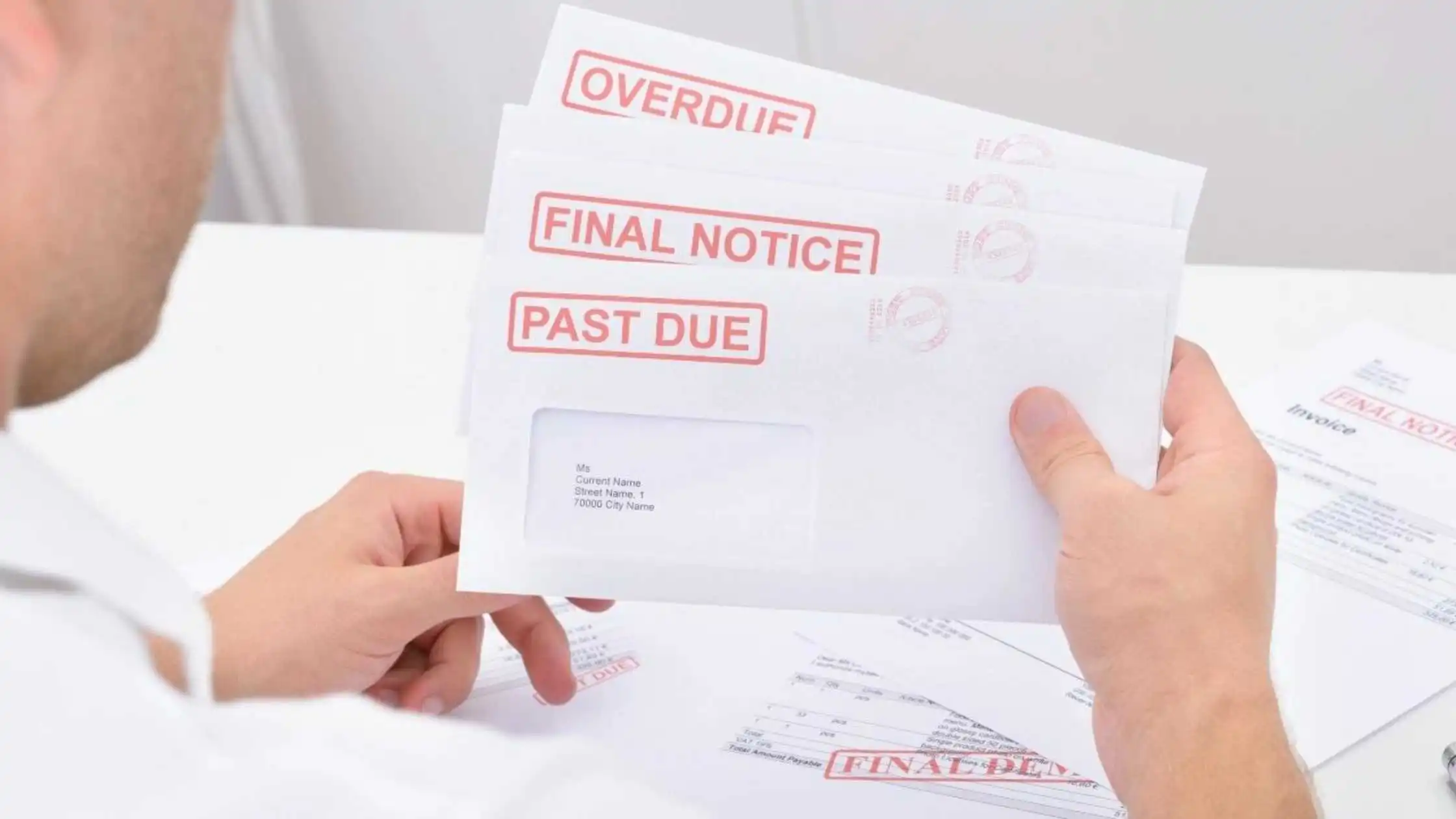Los Angeles has revised its cannabis ordinance and tweaked some other related rules in an effort to speed up business license application processing and approval timelines.
The widespread changes, approved in April by the City Council and L.A.’s Department of Cannabis Regulation (DCR), hope to quell mounting frustrations and criticism from the marijuana industry – and the city’s own regulators and lawmakers.
The modifications will affect more than 2,500 existing marijuana businesses across L.A. and countless applicants and operators in the pipeline as well as expand the nation’s largest social equity program.
The biggest regulatory changes, according to industry experts and the DCR, include:
- Mandating timelines for the DCR to process license applications and modifications.
- Creating a pathway for applicants to refile applications deemed “abandoned” after Jan. 1, 2022.
- Establishing a new window for social equity verification. The window will open May 26 for 60 days, and applicants will have new criteria to qualify for the designation.
The ordinance and rule amendments, according to cannabis attorney Ariel Clark, likely will help unclog backlogs and bottlenecks by streamlining reviews and reducing paperwork to determine whether an applicant can proceed with licensing.
“Overall, the ordinance will help create clearer licensing guidelines and a more efficient process for license approval and modification,” said Clark, a partner at Santa Monica-based law firm Clark Howell.
Michelle Mabugat, counsel at L.A.-based law firm Greenberg Glusker, said it wasn’t uncommon for the DCR to take a year or longer to process business relocation requests and ownership changes filed by her clients.
“Those days are hopefully now over,” said Mabugat, who represents entrepreneurs and companies throughout L.A.’s marijuana supply chain.
Rules more business-friendly
Under the new guidelines, the DCR must complete reviews of applications for temporary licenses within 60 days from when an applicant paid the application fee.
Temporary licenses are issued by the city and provisional licenses by the state.
If an application is incomplete, filers will have 30 more days to pay any additional regulatory fees and to finalize their applications.
Los Angeles has 692 cannabis businesses (243 social equity and 449 general) operating under provisional licensure, according to city data provided to MJBizDaily.
Another 506 businesses are in the process of securing provisional licenses.
DCR also regulates 1,440 temporary licenses. Businesses must have temporary and provisional license to operate in L.A.
The city is slated to receive $22.3 million in state grants – the most of any municipality – to help the state transition thousands of marijuana businesses holding provisional licenses over to annual permits.
Nearly three-quarters of marijuana business licenses in California are provisional, according to MJBizDaily research.
Companies must transition to annual licenses by Jan. 1, 2026.
Benefits for social equity?
The ability to refile applications, or reapply, should provide a reprieve for dozens of applicants trying to gain provisional approval to open retail stores under the city’s long-delayed Phase 3 rollout of its social equity program.
Los Angeles opened the application window for social equity applicants in September 2019.
Under the new guidelines, applicants can refile applications within one year of the DCR deeming them “abandoned,” a designation for failing to provide additional information, documents or related fees under a certain time frame.
“Among other licensees, this benefits Phase 3, Round 1 social equity applicants who have not yet received temporary approval and gives them a chance to reapply,” Clark said.
The updated regulations, however, don’t directly address barriers for social equity license holders who lack resources, according to social equity advocate Bonita Money.
For example, she would like to see the city narrow the prohibited distance between social equity operators from 700 feet to 600 feet, in line with state standards.
“This would be a game changer to obtaining real estate,” said Money, who’s assisted hundreds of applicants through her nonprofit, the National Diversity and Inclusion Cannabis Alliance (NDICA).
She also wants an allowance for social equity operators to relocate more freely to other areas of the city.
“We were also hoping that the current regs would also reflect the opportunity for folks to be able to move from their original community plans to a more viable community immediately,”
A new day for DCR
The DCR and the City Council have been working to amend Los Angeles’ cannabis ordinance since September, when Council member Marqueece Harris-Dawson blasted the agency’s overall performance, “lack of understanding” of barriers faced by social equity applicants and its failure to issue a single annual license – a shortfall unchanged more than four years after L.A. established a regulated market for recreational use.
The changes also come on the heels of a leadership transition within the DCR.
In March, Cat Packer left her post as executive director after nearly five years at the helm.
It was a tumultuous era that included the establishment of the world’s largest regulated market and social equity program, but it also was one besieged with red tape, prolonged licensing delays and contentious moments with lawmakers over policy, funding and staffing concerns.
DCR Assistant Executive Director Michelle Garakian, a former legislative policy director for Mayor Eric Garcetti, was appointed interim executive director.
All told, the city overseas more than 2,500 cannabis businesses in the legal market while also trying to rein in hundreds of unlicensed operators.
“The burdens upon the DCR were extensive from the very beginning,” said attorney Sarah Armstrong, the outreach chair for Los Angeles and Ventura counties for Americans for Safe Access, a medical marijuana advocacy organization.
“Periodic review and remaking of the city’s regulatory structure is the best way to ensure that the cannabis marketplace is appropriately regulated and responsive to the ever-changing needs of stakeholders, consumers and patients.”
Disclaimer: https://mjbizdaily.com/los-angeles-revamps-cannabis-rules-to-speed-permit-approvals-boost-social-equity
Posted by: Times Of Hemp , TOH, #TOH, #TimesOfHemp, https://www.timesofhemp.com

